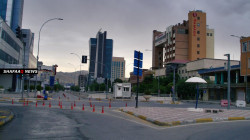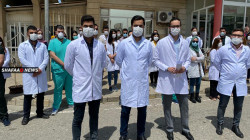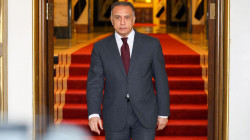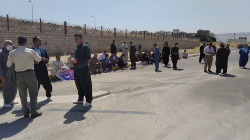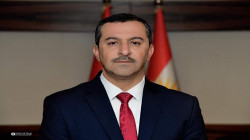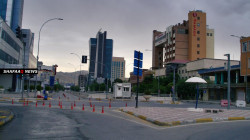Highlighting the Kurdish suffering: Al-Sulaymaniyah hosts the Genocide in Art and Literature Conference
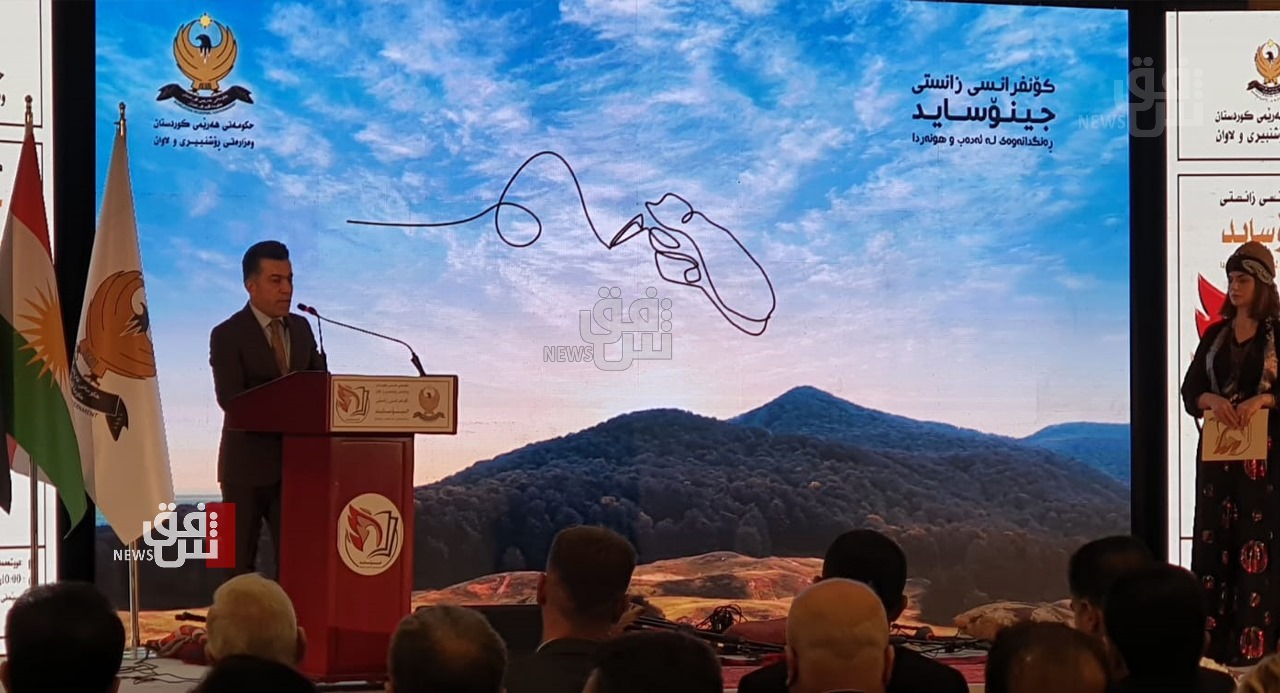
Shafaq News/ The Genocide in Art and Literature Conference was launched on Monday in the capital of culture, Al-Sulaymaniyah, in Iraqi Kurdistan, in the presence of the Kurdish Minister of Culture and Youth, Mohammad Said Ali, and political, cultural, and governmental figures.
Dalil Jamal, the event supervisor, told Shafaq News Agency that the conference aims to "shed light on the sacrifices of the Kurdish people in all regions of Kurdistan."
Many researchers in the field of genocide, writers, and artists are participating in the two-day conference through literary and artistic works to show the suffering of the Kurdish people.
Jamal stated that all the research presented at the conference will be published in a book, and there will be recommendations to be submitted to competed authorities.
Anfal Campaign and the Kurdish Genocide are two terms that bring bad memories to the Kurdish people.
According to the Kurdish government's official website, hundreds of thousands of men, women, and children were executed during a systematic attempt to exterminate the Kurdish population in Iraq in the Anfal operations in the late 1980s.
"They were tied together and shot, so they fell into mass graves. Their towns and villages were attacked by chemical weapons, and many women and children were sent to camps where they lived in appalling conditions. Men and boys of 'battle age' were targeted and executed en masse."
The official government stated that the Kurdish genocide began decades before the Anfal and has claimed countless victims.
"The genocide perpetrated over decades began with the Arabisation of villages around Kirkuk in 1963. It involved the deportation and disappearances of Faylee Kurds in the 1970s-80s, the murder of 8,000 male Barzanis in 1983, the use of chemical weapons in the late 1980s, most notably against Halabja, and finally, the Anfal campaign of 1988."
"Hundreds of thousands of innocent people perished, families were torn apart, and many still live with severe health problems. At the same time, 4,500 villages were razed to the ground between 1976 and 1988, undermining the potential of Iraqi Kurdistan's agricultural resources and destroying Kurdistan's rural way of life and heritage." The Kurdish government said.
